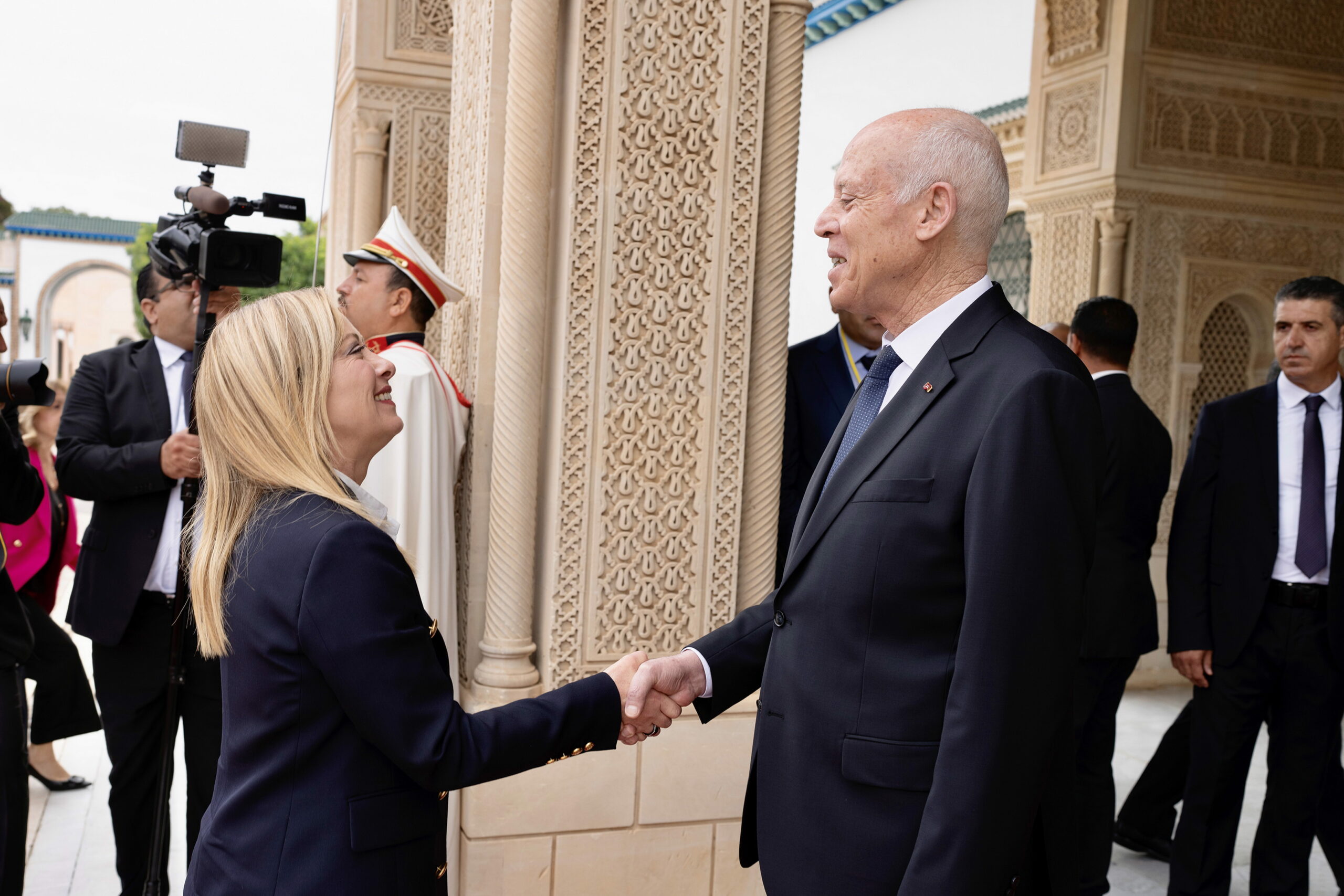The Enrico Mattei plan that Africa needs

Europe must present itself to Africa as credibly united, and must give the idea that the Mediterranean is truly a table for discussion and cooperation. The speech by Paolo Pirani, councilor of the Cnel
“From Africa there is always something new” assured Pliny the Elder. Today, under the pressure of increasingly impressive migratory flows, we could replace that "new" with the term "crucial". The Mediterranean, an ancient sea of disputes, has opened up, transformed into an impressive escape route for populations tormented by enormous difficulties with a paradox: while entire families are looking for some future, especially in Europe, their governments seem to want to trace a path of agreements and a new adherence to multipolarism antithetical to the old and new colonialism expressed by the West. Europe is close, not infrequently with terrible tragedies, for the boats, but for what it represents it seems to be increasingly distant from the countries of that great continent.
EUROPE PAYS FOR ITS UNCERTAINTIES ABOUT AFRICA
The implicit link with the international dimension of the Ukrainian affair demonstrates this, as does the tendency of some key states such as South Africa to seek a place in the group of the so-called Brics , intolerant not only of the subjection to the dollar but in particular to that financial capitalism behind the which many African ruling groups see as the continuation of colonial practices. Even in this case, unfortunately, Europe pays for its uncertainties and the absence of ruling classes up to the difficult task of opening a page of collaboration that erases the motivated distrust of the African peoples. If a negotiating proposal from Europe towards Russia and Ukraine is missing, also due to a subordinate relationship with what NATO means on a military and political level, there does not appear to be the strength on the part of the European Union to override the interests of the latest colonialist resurgences and offer Africa a completely new terrain of cooperation. As we have read in recent days, the so-called Mattei plan comes to mind which, for decades in the first Republic, suggested to the Italian political class of the time an autonomy of judgment and choices which in reality responded mainly to respect for states that did not they no longer had to be evaluated according to predatory capitalism criteria.
Moreover, Mattei was driven to make equal agreements with African governments by the fact that they would support the reconstruction of Italy freed from fascism. If this was the inspiring principle, a predatory practice certainly could not have emerged. This value still appears current even if some great power visions that still linger in some European governments must necessarily be silenced, or, better said, "transformed", just as the racist impulses that often derive from the fear of… the great invasion must be addressed. . Not even the "smartness" of claiming that the landings should be stopped with the promise of aid is worth much. We can see it clearly: such an intention is no longer enough.
UNITED EUROPE AND THE EXAMPLE OF MATTEI
A profoundly different attitude is needed which includes both some choices to be made within Europe and others of international politics. However, Europe must present itself as credibly united: it must give the idea that the Mediterranean is truly a table for discussion and cooperation. It can do this in various ways, not in the failed one of supporting "false" democratic springs which then nourished fanaticism on one side and desperation on the other. What is needed is a real act of political will that brings various factors together. What did Mattei do then? He did not send troops and drones, but rather guaranteed supplies by sending technicians capable of training the ruling class. A road that Europe should greatly expand, but without wasting time. And without the illusion of being able, as in the past, with arrogance and cynicism, to obtain what the economy needs. Also because now it is not the only area of the world capable of dictating its conditions. Indeed, it risks being overtaken for decades by other emerging protagonists who have a clear vocation: hegemony.
At the same time, the affirmation of fundamental human rights must also be supported not by imposition but by dialogue, by the search for common choices that are capable of interrupting a path of exploitation that for many African people never ends.
It is a tough working area, very complex but which, for example, can see an important contribution emerge from a trade union point of view. In the past, this world has given asylum and support, including training, to the best forces of the liberation movements. He did not impose his rules, he tried to demonstrate that freedom must also be conceived as an instrument of emancipation, of growth. It would be very important for the national and European trade unions to be urged and supported by politics and also by business representatives to multiply their efforts to create those "bridges" of cooperation that would be essential to regain the African governments' indisputable priority of collaboration. Otherwise, as has rightly been observed, Africa will follow the course of history that points towards the East. With other great sufferings and contradictions that will be released into the old continent. And that " new " that Pliny spoke of will probably be enjoyed by others and, perhaps, but it is not certain, given the ambiguities of the international scenario which reassures no one, they will be able to make the most of it better than Europe.
This is a machine translation from Italian language of a post published on Start Magazine at the URL https://www.startmag.it/mondo/piano-africa-occidente/ on Tue, 19 Sep 2023 08:39:13 +0000.
